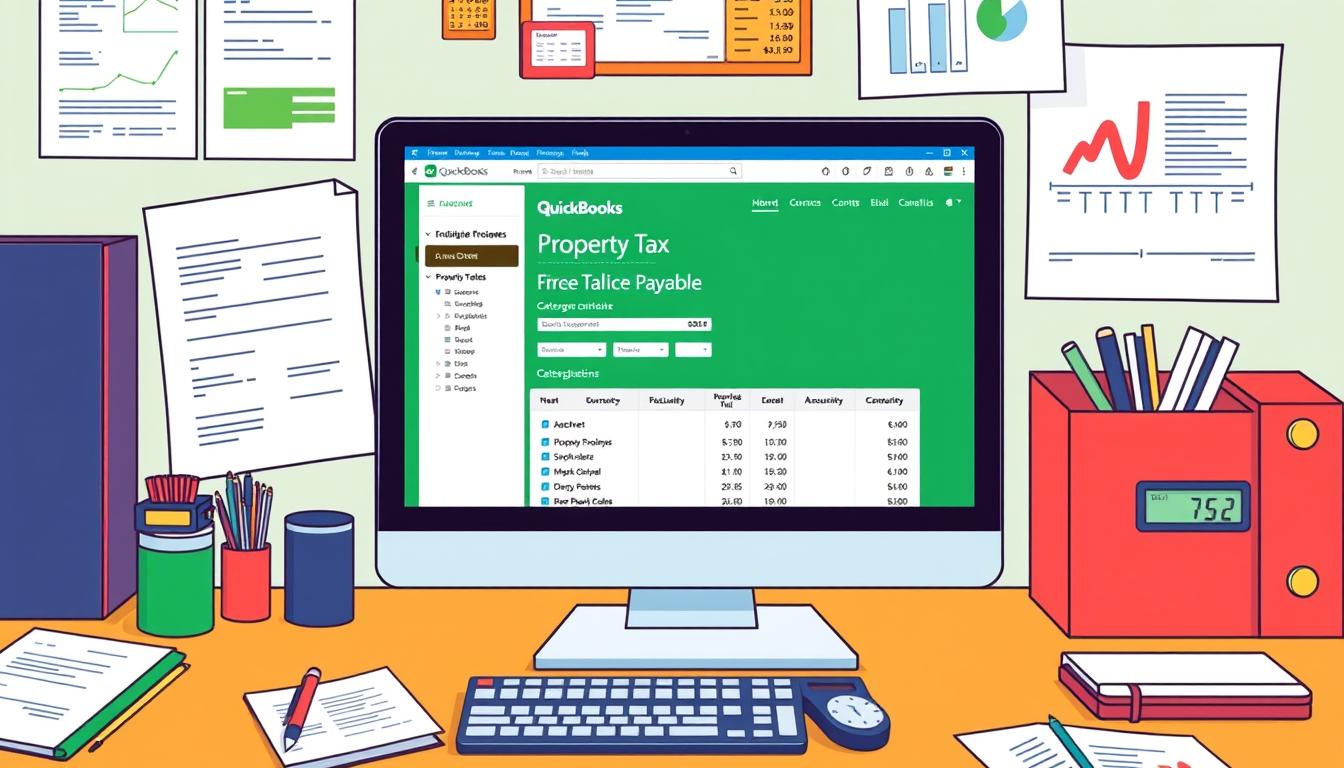
Does quickbooks data services team charge extra

Table of Contents
Many users of QuickBooks wonder if the QuickBooks Data Services team charges extra. It’s important to know the pricing, especially for small businesses. They often rely on QuickBooks for their financial needs.
In this article, we’ll look into QuickBooks Data Services. We’ll explore if there are any extra fees or hidden costs. Our goal is to help you understand what to expect with QuickBooks, so you can make a smart choice.
Key Takeaways
- QuickBooks Data Services may include additional fees.
- Understanding the pricing structure is essential for budget planning.
- Small businesses can benefit from detailed insights on charges.
- Clarifying what services incur extra charges is vital.
- Awareness of potential fees helps in maximizing the use of QuickBooks.
Understanding QuickBooks Data Services
QuickBooks data services offer a wide range of financial tools for small businesses. They help entrepreneurs manage their finances better and streamline their operations.
QuickBooks is known for its accurate bookkeeping. It keeps all financial records in order. This makes it easier for business owners to keep track of their money.
It also helps generate reports. These reports give users important insights into their financial health. This helps them make better decisions.
QuickBooks also offers financial analytics. It helps understand cash flow, profitability, and expenses. This makes it a top choice for financial management.
Small businesses find great value in QuickBooks. It helps them track their financial health and find areas for growth.
QuickBooks stands out from other services. Its user-friendly interface and functionality are unmatched. It gives a complete view of a business’s finances.
In conclusion, QuickBooks is a leader in financial management. It focuses on small businesses, offering actionable solutions and reliable data services.
What Services Does QuickBooks Provide?
QuickBooks offers a wide range of features to help businesses manage their finances. It includes bookkeeping, which makes it easy to track income and expenses. This ensures that financial records are always up-to-date and accurate.
Another key feature is payroll processing. It lets businesses handle employee payments, calculate taxes, and follow federal and state laws. Automating payroll saves time and reduces errors.
QuickBooks also excels in invoicing. It helps businesses create professional invoices and send them to clients. You can track payments and send reminders to improve cash flow.
QuickBooks provides tax preparation and financial reporting tools. These tools help analyze business performance and predict future trends. They support informed decision-making.
It’s important to know what’s included in the standard package and what might cost extra. Basic functions like bookkeeping, invoicing, and payroll are usually included. But, advanced features might need a higher plan or an add-on.
Are There Additional Fees for Data Services?
Knowing how QuickBooks charges is key to managing your money well. QuickBooks has many data services, but you might wonder if there are extra fees. Their pricing page usually lists regular costs, but extra features can add up.
Some common areas where costs might go up include:
- Premium features that make things work better
- Custom solutions for your business needs
- More users, which can cost extra
Many people are surprised by extra fees for services they thought were included. It’s vital to check the pricing before you sign up for a plan.
Here’s a table to help you understand costs better:
| Service Type | Standard Cost | Potential Extra Fees |
|---|---|---|
| Basic Plan | $25/month | $10/user/month for additional users |
| Premium Features | $40/month | $15 for each add-on feature |
| Custom Solutions | Varies | $50/hour for bespoke services |
Knowing about these costs helps small business owners make smart choices with QuickBooks data services. Knowing what each service costs helps avoid unexpected expenses.
Factors Influencing Additional Charges
QuickBooks charges can change a lot based on several factors. Knowing these can help users guess what extra costs might come up with QuickBooks Data Services. Key things that can lead to extra charges include:
- Service Tiers: QuickBooks has different service tiers with various features. The higher tiers usually have more features, which can make costs go up.
- Number of Users: How many people use QuickBooks can affect the price. More users often mean higher costs.
- Customization Requirements: Making QuickBooks fit your business needs might need extra help, which can cost more.
- Integration with Other Platforms: Connecting QuickBooks to other software can make things more complicated. This can also change the price you pay.
Knowing about these factors helps users manage their costs better. By picking the right service tiers and understanding extra costs, businesses can use QuickBooks more efficiently.
Evaluating the Value of QuickBooks Data Services
QuickBooks data services help small businesses manage their finances better. They make financial tasks more efficient. This boosts the value of QuickBooks for users.
When looking at the return on investment (ROI), it’s key to see how QuickBooks saves time and improves financial reports. This makes financial management easier and more accurate.
QuickBooks’ efficiency can be measured by looking at its financial tools. For instance, businesses see fewer errors in data entry. This means less time on corrections and audits.
Many companies have saved money by automating tasks like payroll, invoicing, and reports. This shows the value of QuickBooks in saving time and money.
To show ROI better, let’s look at a table:
| Feature | Time Saved per Month | Cost Reduction |
|---|---|---|
| Automated Invoicing | 10 hours | $200 |
| Payroll Processing | 15 hours | $300 |
| Financial Reporting | 8 hours | $160 |
| Data Backup | 2 hours | $40 |
| Total | 35 hours | $700 |
The table shows how QuickBooks can save time and money. By using these financial tools, businesses can work more efficiently. This supports the idea that QuickBooks is a good investment for small businesses looking to grow.
Comparing QuickBooks with Other Accounting Software
The world of accounting software has many choices. This makes a QuickBooks comparison key for those looking to choose. Alternatives like Xero, FreshBooks, and Sage offer unique features for different business needs.
When comparing these options, consider a few important points:
- Features: QuickBooks has lots of tools for invoicing, tracking expenses, and making reports. Xero is great for teamwork, letting many users see financial data easily. FreshBooks is easy to use and excels at invoicing. Sage is best for big businesses with complex needs.
- Pricing Structures: QuickBooks has different plans based on what you need. Xero and FreshBooks also have tiered pricing. Sage’s prices can change a lot, depending on what you need.
- User-Friendliness: QuickBooks is easy to use but has lots of features. FreshBooks is simple to start with, good for freelancers and small businesses. Sage is powerful but might be hard for beginners.
- Additional Charges: QuickBooks might charge extra for advanced features and integrations. Xero and FreshBooks have similar pricing. Sage’s costs can vary a lot, depending on what you need.
Knowing these details helps when picking accounting software. Choose based on what you need, weighing each option’s good points and downsides.
How QuickBooks Supports Small Businesses
QuickBooks is key for small businesses to manage their finances better. It offers many tools to make accounting easier and help businesses grow. For example, it automates invoicing, so owners can focus on their main work and get paid on time.
QuickBooks also has financial reporting tools that give deep insights into a business’s performance. These tools let users create custom reports. This helps owners make smart decisions and plan for the future.
Many small business owners say QuickBooks makes their work more efficient. It automates tasks like tracking expenses and payroll. This frees up time and resources for growth and new ideas.
In summary, QuickBooks is a vital tool for small businesses. It helps them manage their finances well and grow. By using QuickBooks, startups can improve their financial management and set up for success.
Customer Experiences with QuickBooks Data Services
QuickBooks Data Services has gotten mixed reviews from users. Many say they’re very happy with it because it’s easy to use and versatile. They like how it makes accounting simpler, letting small businesses grow without getting bogged down by financial tasks.
People often praise the customer service team for being quick to help. They say the support is reliable and effective. However, some users found the setup a bit tough, feeling overwhelmed by all the features.
The table below summarizes the prevailing themes in customer experiences with QuickBooks Data Services:
| Feedback Type | Positive Aspects | Challenges Faced |
|---|---|---|
| Overall Satisfaction | High ease of use, flexible reporting | Steep learning curve for beginners |
| Customer Support | Responsive team, efficient troubleshooting | Variable wait times during peak hours |
| Features | Comprehensive accounting tools, data security | Complexities of advanced features |
QuickBooks Data Services gets both praise and constructive feedback. This mix of opinions helps future users know what to expect.
Maximizing Your Investment in QuickBooks
Investing in QuickBooks can greatly improve your business efficiency. By using a few smart strategies, you can see big improvements. Here are some key QuickBooks usage tips to help you get the most out of the software.
- Fully Utilize Available Features: Check out all the tools QuickBooks has. Features like advanced reporting and inventory management are often overlooked.
- Attend Training Sessions: Use QuickBooks training resources. Webinars and online courses can help you use the software better.
- Integrate with Other Tools: Connect QuickBooks with other software you use. This can make your workflow smoother.
- Leverage Customer Support: Use QuickBooks customer support often. They can quickly fix problems and prevent them from getting worse.
- Stay Updated: Keep QuickBooks up to date. Updates often bring new features and security improvements that help your business.
To better understand these tips, look at the table below. It shows how these strategies can benefit your business:
| Strategy | Benefit |
|---|---|
| Fully Utilize Available Features | Enhanced functionality to manage various business processes. |
| Attend Training Sessions | Improved understanding leads to better application of features. |
| Integrate with Other Tools | Streamlined workflow can save time and reduce errors. |
| Leverage Customer Support | Quick resolution of problems enhances productivity. |
| Stay Updated | Access to the latest features and improved security protocols. |
Common Misconceptions about QuickBooks Charges
Many users face QuickBooks misconceptions about the fees of the platform. The most common pricing myths are about hidden charges and unclear pricing. It’s key to know what you get from your QuickBooks subscription and the data service fees.
One big misunderstanding is thinking QuickBooks has lots of hidden costs. But, QuickBooks is clear about their pricing. Most services in your subscription are listed in their plans. Users often miss these details when they sign up.
Another myth is that there are limits on services. People think extra features or support will cost more. But, many basic functions are free with your subscription.
Knowing these QuickBooks misconceptions helps with better financial planning. Here’s a look at common myths versus reality:
| Myth | Reality |
|---|---|
| QuickBooks hides fees in fine print. | All fees and charges are stated clearly in their pricing structure. |
| Service limitations come with extra charges. | Many services are already included in the standard subscription. |
| Support fees accrue every time you reach out. | Customer support is typically included with your subscription plan. |
By understanding these differences, users can enjoy QuickBooks without worrying about surprise costs. Knowing the truth helps debunk pricing myths. This makes dealing with the software’s financial side clearer.
Conclusion
In this QuickBooks summary, we’ve looked at QuickBooks Data Services and how they help small businesses. It’s key to know about data service fees and what they cover. This knowledge helps businesses make smart financial choices that meet their goals.
Additional costs can come up based on certain needs and situations. It’s important to think about all factors that affect these costs. This includes advanced features and customer support. Evaluating QuickBooks Data Services carefully is crucial. These tools improve efficiency and can save money in the long run.
QuickBooks is always getting better, adding features for today’s businesses. Keeping up with these updates helps users get the most value while avoiding extra costs. By using QuickBooks wisely, small businesses can face future challenges with confidence.
FAQ
Does the QuickBooks Data Services team charge extra fees for standard services?
QuickBooks Data Services usually has a fixed price for basic services like bookkeeping and payroll. But, some special services might cost extra. Check the QuickBooks website for the latest pricing info.
What types of services are included in QuickBooks Data Services?
QuickBooks offers many services. These include bookkeeping, payroll, invoicing, tax help, and financial analysis. They aim to meet the needs of small businesses and make managing finances easier.
Are there hidden costs associated with QuickBooks Data Services?
QuickBooks tries to be clear about its prices. But, extra fees might apply for premium features or custom solutions. Reading customer reviews and checking the pricing page can help you understand all costs.
What factors can affect the cost of QuickBooks Data Services?
Several things can change the cost. These include the service level you choose, how many users you need, and how much customization you want. Knowing your business needs can help you figure out the cost.
How does QuickBooks compare to other accounting software regarding costs?
When looking at QuickBooks and other software like Xero or FreshBooks, consider more than just the price. Look at the features, ease of use, and any extra fees for extra functions.
How can small businesses benefit from using QuickBooks Data Services?
QuickBooks Data Services helps small businesses grow. It improves financial organization, makes operations more efficient, and simplifies reports. Many entrepreneurs find it helps with making informed decisions and planning.
What do real customers say about their experiences with QuickBooks Data Services?
Opinions on QuickBooks Data Services vary. Some praise its efficiency, while others mention unexpected fees. Reading what other users say can give a better idea of what to expect.
Are there tips to maximize the investment in QuickBooks?
yes! To get the most out of QuickBooks, explore all its features, use customer support, and link it with other business tools. This can make your business more efficient and easier to manage financially.
What are some common misconceptions about QuickBooks charges?
Many people misunderstand QuickBooks pricing, like hidden fees or service limits. Learning from available resources can clear up these myths and give a better understanding of what QuickBooks offers.
- Tags: intuit quickbooks, intuit quickbooks login, intuit quickbooks online, quickbook, quickbooks, quickbooks accounting software, quickbooks customer service, quickbooks customer service number, quickbooks desktop, quickbooks desktop 2024, quickbooks log in, quickbooks login, quickbooks login online, quickbooks online, quickbooks online accountant, quickbooks online accounting, quickbooks online customer service, quickbooks online login, quickbooks online pricing, quickbooks payroll, quickbooks self employed, quickbooks software, quickbooks support phone number, quickbooks time, quickbooks time login, quickbooks workforce
Top Products
- QuickBooks Desktop Pro 2024 US Version
- QuickBooks Desktop Pro 2023 US Version
- QuickBooks Desktop Pro 2022 US Version
- QuickBooks Desktop Premier 2024 US Version
- QuickBooks Desktop Premier 2023 US Version
- QuickBooks Desktop Premier 2022 US Version
- QuickBooks Desktop Accountant 2024 US Version
- QuickBooks Desktop Accountant 2023 US Version
- QuickBooks Desktop Enterprise 2024 US Version
- QuickBooks Desktop Enterprise 2023 US Version
- QuickBooks for Mac 2024
- QuickBooks for Mac 2023
Popular Posts

How to categorize property tax payable in quickbooks online
Knowing how to categorize property tax payable in QuickBooks Online is key for keeping your financial records right. Property tax payable is the amount your business owes in property taxes. It can greatly affect your financial health. By learning to categorize property tax well, businesses can make sure their financial statements show their true obligations.
This knowledge is crucial as we dive into the steps and best practices for handling property tax payable in QuickBooks Online.
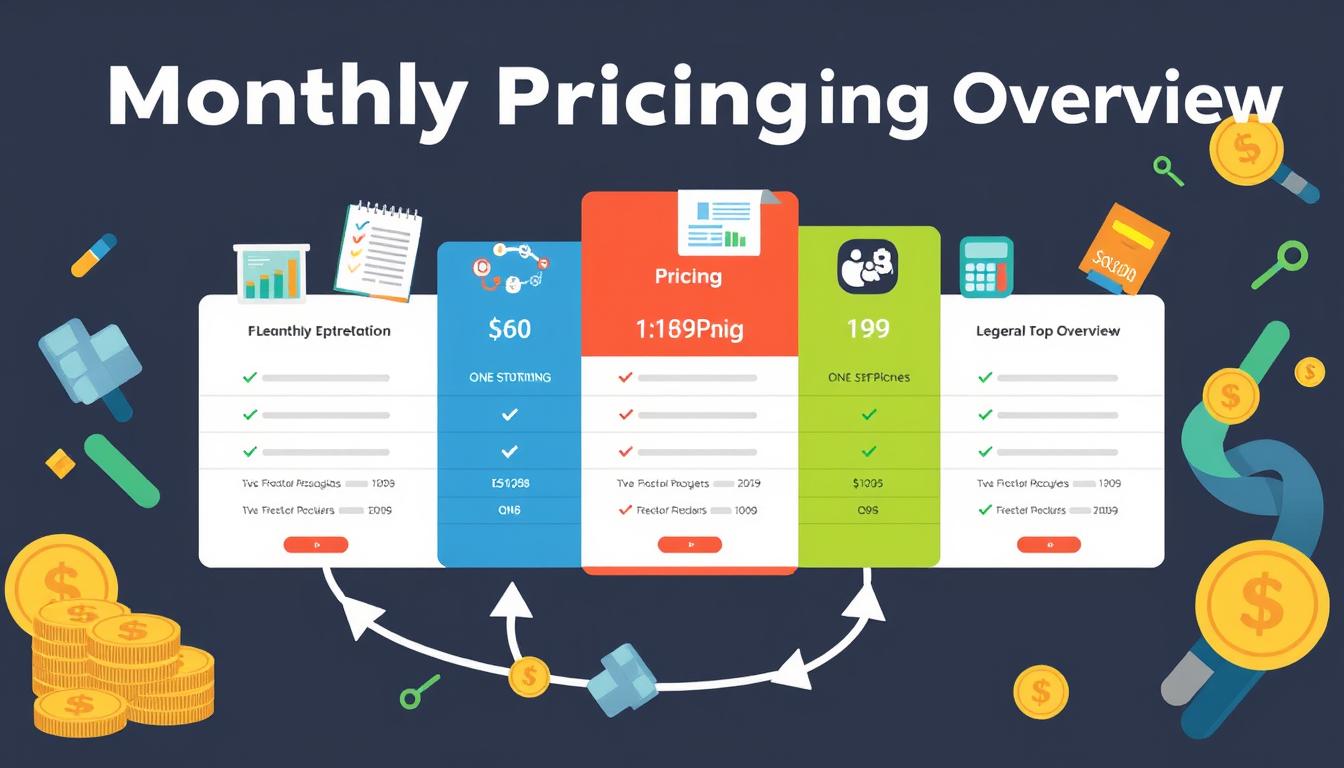
How much is quickbooks per month
Many users want to know the QuickBooks pricing for monthly costs. QuickBooks has various plans for different business needs. This lets users pick the right plan for their financial management.
What affects the QuickBooks monthly cost includes the QuickBooks edition, payment frequency, and extra features. This guide will explain the details of these plans. It will help you understand the costs of using QuickBooks for your business.

How does quickbooks work
QuickBooks is a key accounting software made by Intuit. It helps businesses manage their finances well. It works on a cloud-based platform, so users can access their financial data from anywhere.
This software makes tasks like bookkeeping, invoicing, and financial reporting easier. In this article, we’ll look at QuickBooks’ main features, its users, benefits, and challenges. We aim to help you understand how it can improve your financial management.

How do you record insurance payment in quickbooks
Recording insurance payments in QuickBooks is key for good insurance accounting. It helps business owners manage their money well and keep their books right. This is vital for the health of any business.
In this guide, we’ll show you how to record insurance payments easily. We’ll use QuickBooks guides and tips from accounting experts. This way, you can keep your financial records up to date.

How do you clock in hours in quickbooks desktop
In today’s fast-paced world, tracking time well is key for good payroll management. This article will show you how to clock in hours in QuickBooks Desktop. It’s a top accounting software that makes managing tasks easier. By learning how to track time, businesses can work better and pay employees right.
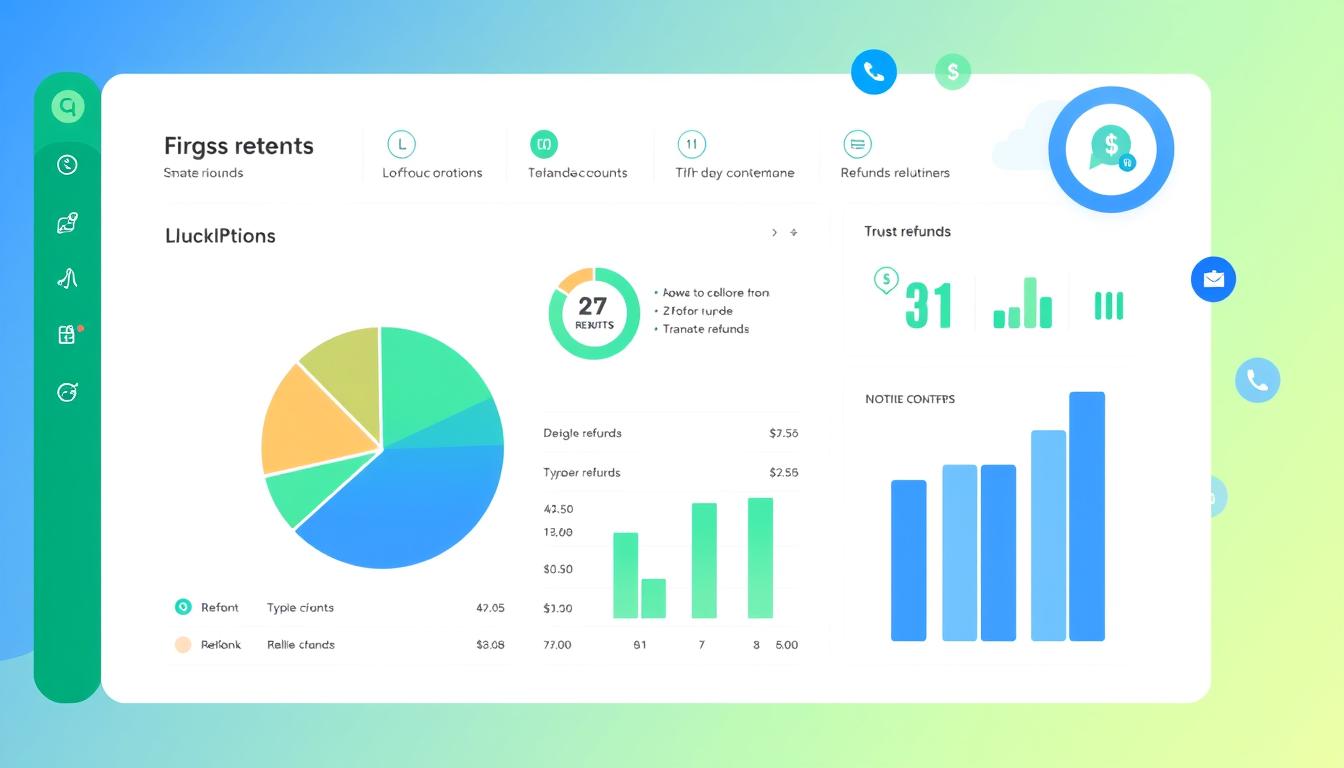
How are refunds categorized in quickbooks online
Knowing how to categorize refunds in QuickBooks Online is key for good financial management. It’s important to record refunds correctly to keep your finances clear. Businesses of all sizes can benefit from knowing how to do this right.
This knowledge helps make your financial records clear and accurate. It’s a basic step that can make a big difference.

Does quoteiq accept quickbooks online payments
Payment solutions are key in today’s business world. Many are looking into how platforms like QuoteIQ can improve their invoicing. A big question is: does QuoteIQ accept QuickBooks Online Payments? This article explores how QuoteIQ and QuickBooks Online Payments work together.
This shows how important it is to have good payment integration. It helps with cash flow and makes operations smoother. We’ll look at the benefits of using QuoteIQ with QuickBooks Online Payments. Plus, we’ll show you how to set it up.

Can you delete history under audit log quickbooks online
It’s important to know if you can delete entries from the audit log in QuickBooks Online. This is key for businesses that focus on financial accuracy and follow the rules. The audit log QuickBooks Online keeps a detailed history of changes to financial data. This ensures that all account activities are recorded clearly.
By tracking these changes, the audit log is crucial for good financial management. We will look into why the audit log matters and what happens if you try to delete its records. We’ll see how these actions impact your QuickBooks history.
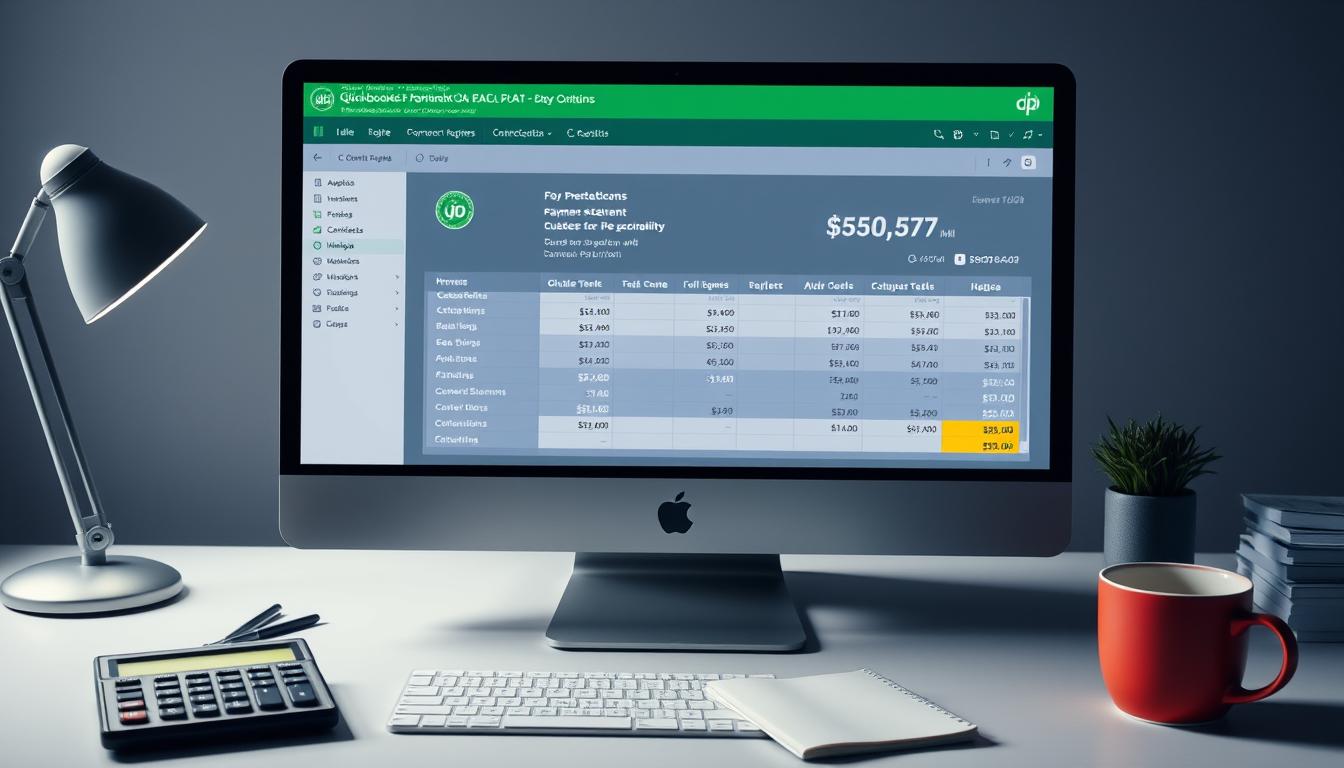
Can quickbooks recievepayment by statements rather that individual invoices
In today’s fast-paced world, businesses need quick and easy ways to handle payments. Many QuickBooks users wonder if they can pay by statements instead of invoices. This method makes accounting simpler for companies.
Using payment statements has big advantages over traditional invoices. QuickBooks helps businesses manage payments better. This article will show you how payment statements work in QuickBooks and how they can help your business.
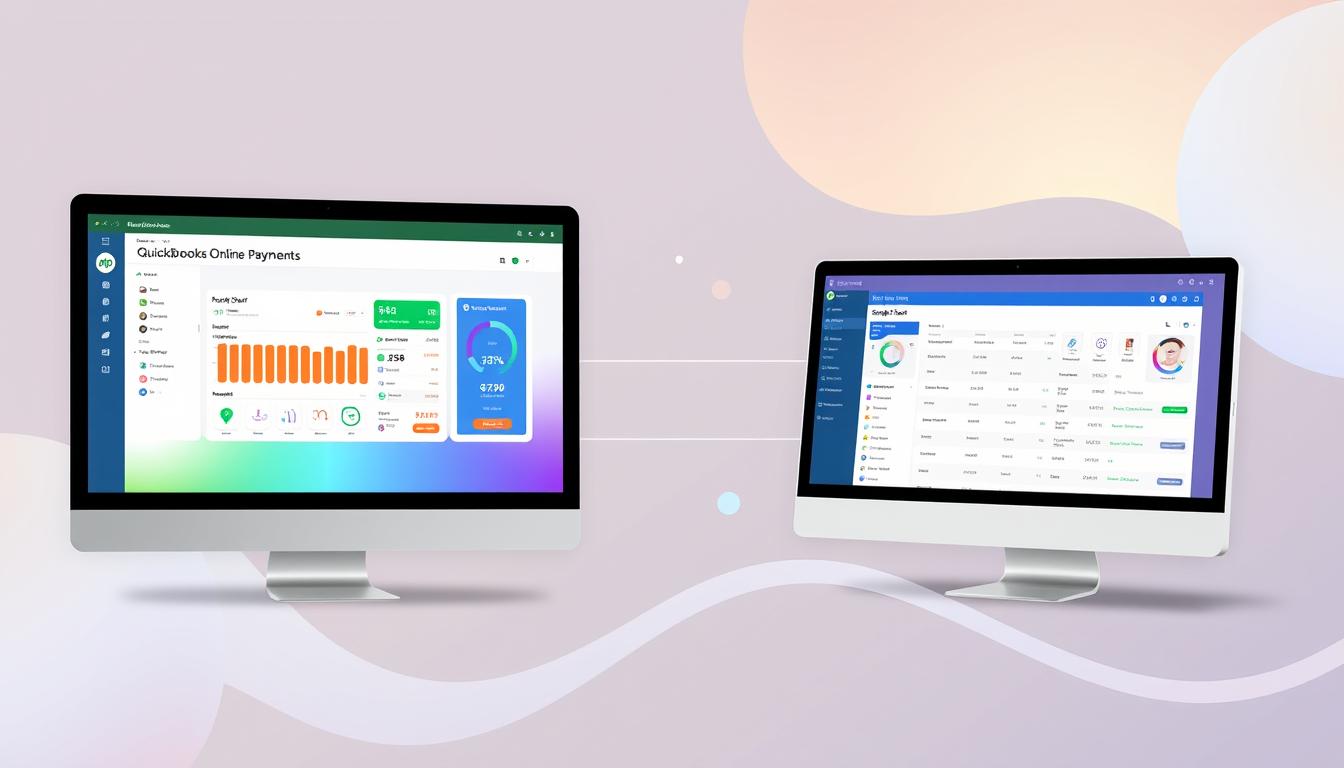
Can quickbooks online payments work with simple start
For small business owners, the question of whether QuickBooks Online Payments and QuickBooks Simple Start can work together is key. This integration is vital for managing finances effectively. It helps users handle transactions smoothly while using a basic accounting tool for solo businesses.
QuickBooks Online Payments lets users take payments online, making cash flow management easier. In this article, we explore how these two tools can boost efficiency for small businesses.